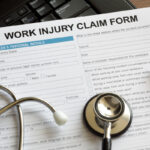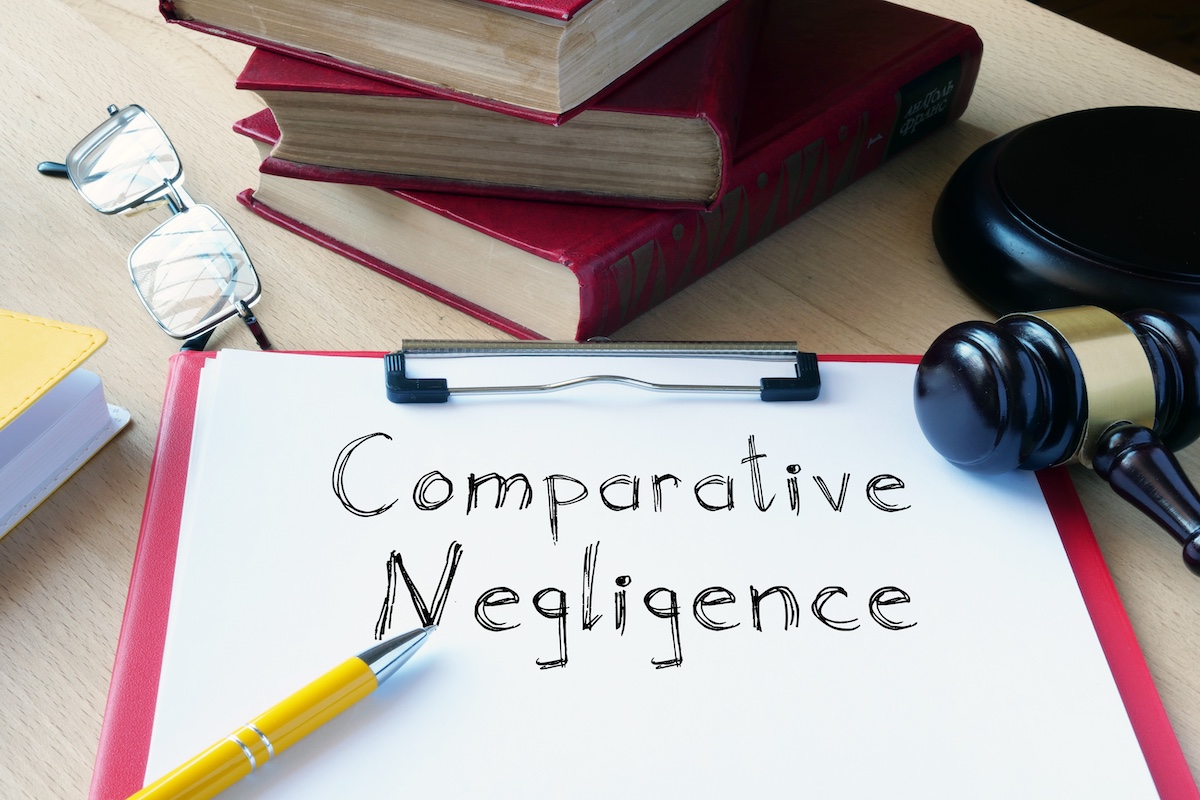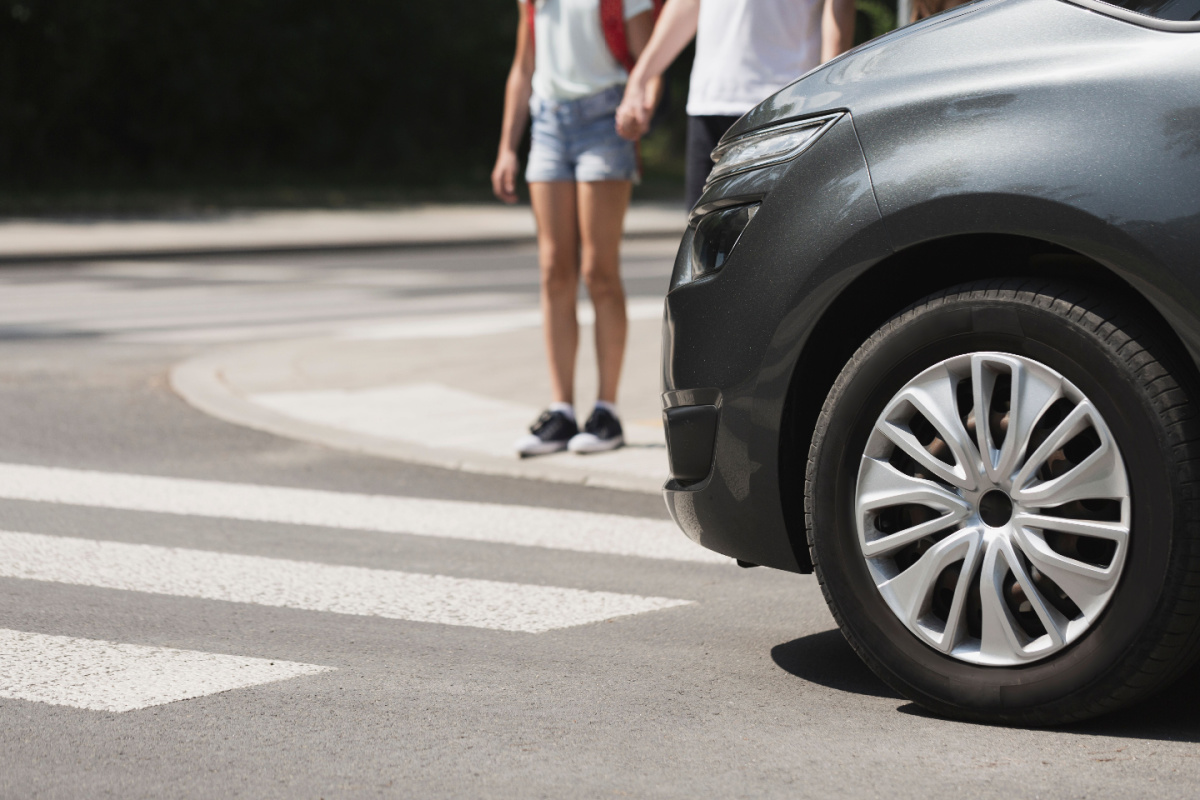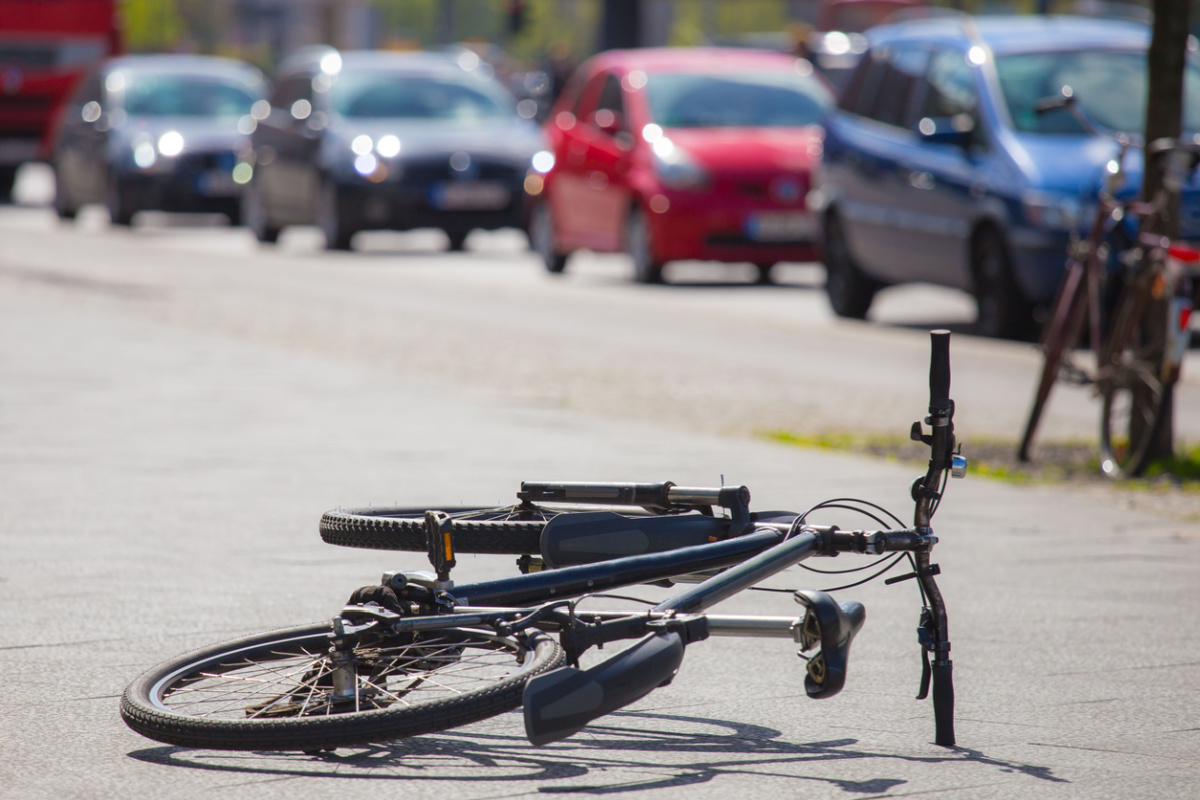
Annually, the Iowa Department of Transportation releases data regarding bicycle crashes, including the count of fatalities. In the years 2019, 2020, and 2021, the state witnessed no fewer than ten fatal incidents each year. In contrast, the previous year saw a decrease in fatalities, with only three deaths reported.
Fortunately, as of May 2023 there were no fatalities from bicycle crashes – but despite the implementation of safety features for cyclists, such as an extensive regional trail system and designated lanes for downtown cycling, further efforts are needed to enhance safety on the roads.
Bicycle accidents can result from various factors such as car drivers not paying attention, hazardous road conditions, or even cyclist error. An understanding of how these incidents happen and what leads to them is important for both safety and awareness. It’s not just about following traffic laws; it’s about recognizing potential dangers and knowing how to respond. By studying past accidents and being aware of common causes, individuals can take measures to protect themselves and others on Iowa’s roads. Knowledge about bicycle accidents serves as a foundation for a safer cycling experience in Iowa.
When a bicycle accident occurs, immediate actions can make a significant difference in both health and safety. First, ensuring everyone involved is out of traffic’s way helps prevent further injury. Next, assessing injuries is vital, and calling emergency services if needed is a responsible step. If possible, people involved or witnesses should take pictures of the accident scene. These photos can serve as valuable evidence later on. Additionally, exchanging contact information with any witnesses provides a record of those who saw what happened. Taking these steps promotes safety at the scene of a bicycle accident and can help in understanding what occurred.
Reporting Procedures Following an Injury
In Iowa, after a bicycle accident resulting in injury, contacting local authorities is a necessary step. By calling the police, individuals ensure a formal record of the incident, which can be essential later on. Police officers will usually arrive at the scene to investigate what happened, speak with those involved, and possibly interview witnesses. Filing an official report with details about the accident becomes a part of the legal record. It is not just about fulfilling a legal obligation; it’s also about community responsibility. Reporting an accident helps authorities understand where and why accidents happen, potentially leading to improvements in road safety.
Capturing Details at the Accident Scene
In the aftermath of a bicycle accident, preserving evidence plays an important role. Capturing the details at the scene can assist in understanding exactly what happened. Taking photographs of the surroundings, the bicycle, any vehicles involved, and visible injuries provides a visual record. If there are skid marks on the road or damaged property nearby, those should be included in the photographs as well. Witnesses might have valuable insights into how the accident occurred, so collecting their contact information can be helpful. Writing down the weather conditions, time of day, and any other relevant factors also aids in creating a comprehensive understanding of the incident.
Seeking Medical Attention
After a bicycle accident, even if injuries appear minor, seeking medical attention remains a vital step. Professional healthcare providers in Iowa can properly assess, diagnose, and treat any injuries that may not be immediately visible. Sometimes, what seems like a small issue can turn into something more serious if left unattended. Medical professionals have the expertise to detect these hidden injuries and provide appropriate care. Additionally, having a medical record of the injuries sustained in the accident can be an important part of understanding the overall impact of the event. Beyond legal considerations, prioritizing health and well-being is a responsible choice.
Legal Rights of Cyclists: Understanding Iowa’s Laws
Iowa’s roads are shared by drivers, pedestrians, and cyclists, each having specific rights and responsibilities. Cyclists, like drivers, must obey traffic laws and are entitled to protection under those laws. Cyclists are required to:
- Ride only where bicycles are permitted and stay off of interstate highways
- Obey stoplights, stop signs and other traffic signals
- Pass other vehicles on the left
- Signal when turning
- Ride at night with lights and reflectors
Understanding legal rights helps cyclists operate safely and responsibly. For example, in Iowa, a cyclist has the right to use a full lane of traffic when necessary for safety. Similarly, laws require motorists to maintain a safe distance when passing cyclists. By adhering to and understanding these laws, cyclists contribute to a harmonious and safe road environment. A knowledge of legal rights promotes awareness, respect, and safety for everyone who travels on Iowa’s roads and paths.
The Compensation Claim Process
In Iowa, if a cyclist is injured in an accident due to someone else’s negligence, there may be an opportunity to seek compensation for damages. The process usually begins with filing a claim with the responsible party’s insurance company. This involves gathering all necessary documents, such as medical bills, repair receipts, and evidence of the accident. Negotiation follows the filing, where both parties discuss the amount of compensation. It can be a complex process with back-and-forth communication. If an agreement is reached, a settlement is finalized. If not, further legal actions might be considered. Although it can be a complicated process, being informed assists individuals in making informed decisions and seeking fair compensation for their losses.
Settlement versus Trial

In the wake of a bicycle accident in Iowa, individuals may face the decision of settling their injury claim or proceeding to trial. Settlement involves negotiation between the involved parties and usually results in a quicker resolution. Both sides agree on an amount to compensate for damages, and the case is closed without going to court. A trial, on the other hand, involves presenting the case before a judge or jury, and the decision is made through a formal legal process. Trials can take more time and may result in either party winning or losing entirely. Both options have advantages and disadvantages, depending on specific circumstances. Understanding these choices helps individuals make informed decisions on how best to pursue their claims, considering factors like time, risk, and potential compensation.
it’s important to recognize that personal injury law covers a wide range of incidents. For instance, individuals may also find themselves grappling with the consequences of a dog bite, which can be particularly distressing and require an understanding of specific laws and rights in Iowa. Similarly, unexpected events like a vape pen explosion can lead to severe injuries, and knowing how to navigate the legal landscape is crucial. It’s not just animal-related injuries or product malfunctions; even a leisurely day at the park can turn sour, prompting the need for dog park safety tips to prevent dog bite incidents. Moreover, workplace accidents, such as a construction site fall, require a different approach to safeguard one’s rights. And let’s not overlook the delicate matters involving children, where a child playground injury necessitates a sensitive yet assertive legal response. Each of these scenarios, while unique, shares the common thread of the need for adept legal guidance to ensure the injured party’s rights are protected and justice is sought, whether through settlement or trial.
If you have suffered an injury in a bicycle accident, contact or call us at 515-444-4000 as soon as possible for a free consultation.
Categories
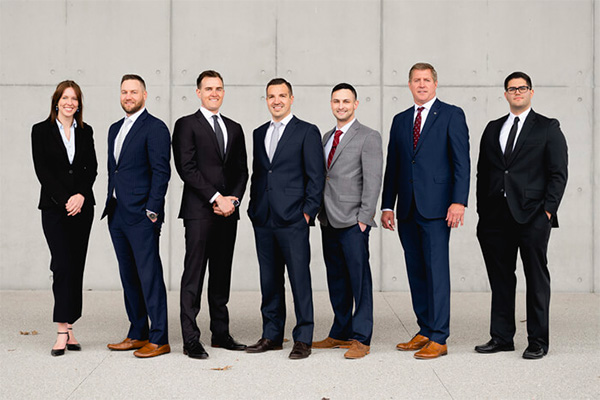
Providing Unmatched EXPERIENCE On Your Case When you find yourself in a situation where you’ve been treated unfairly or you’re in the middle of a legal disagreement, it can be difficult to know what your rights are and how to proceed.


